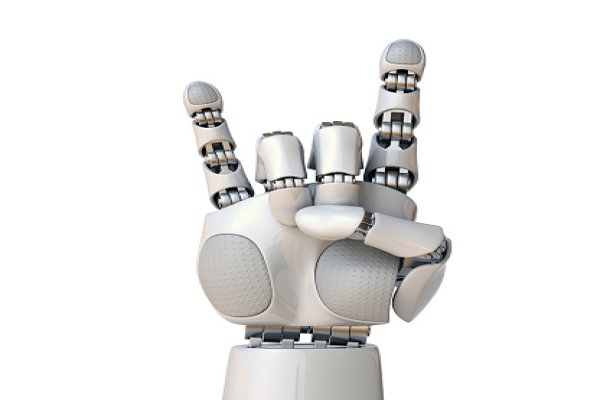Email has been a cornerstone of digital communication for decades, but its effectiveness and relevance have been increasingly challenged by the rise of other messaging and collaboration tools.
However, recent advancements in artificial intelligence (AI) technology offer new opportunities to transform how we use and interact with email. From automating mundane tasks to improving personalization and productivity, AI-powered email solutions could revolutionize how we communicate and manage our inboxes.
Austin Distel is a marketing director with Jasper and, with the help of AI, sees his inbox swamped with eddered emails. He is present to provide prompts to enhance emails created by artificial intelligence.
Austin grins while demonstrating the extraordinary capability of Japer’s email writing, describing it as something often used to transform business emails into “Seinfeld style” material when produced with generative AI.
Austin says:
“These are tools in my tool belt that helped me perform faster, but also better.”
What’s The Deal With Autocomplete?
The email has a somewhat disharmonious personality as its generic language and polite greetings make it seem mechanized. Although clichés like “I hope this email finds you well” are included, communication is not always trustworthy.
Gmail has lately been utilizing machine learning for autocompleting and predicting one-sentence responses, enabling users to master emailing efficiently. Such is the objective of firms Compose AI, who seek to even further rely on autocomplete capacities.
Michael Shuffett is the CEO and one of the founders of Compose AI. His pioneering work led to the presence of this AI organization.
Michael Shuffett says:
“Autocomplete is not going to sway you away from what you already want to type. It’s just going to accelerate it.”
Snippets created “automatically” (e.g., via autocomplete) are currently favored by management, as opposed to larger pieces of AI-generated text from models such as ChatGPT offered by OpenAI.
When it comes to accomplishing something, riding a tandem bike with a robot (versus simply letting it ride alone at night in your direction) requires more effort. However, you’re significantly more likely to accomplish the desired goal when you work together instead of sending only the robot out.
AI features simplify navigating emails—Google Workspace employs AI in various areas, like creating emails and recognizing spam, according to VP and GM Aparna Pappu. This technology provides Gmail and Outlook users options for organized inboxes alongside existing stress-saving automation.
In an email to WIRED, Google expressed enthusiasm and apprehension regarding generative AI. They have emphasized the excitement of the potential new advances and being watchful that the technology is used responsibly.
We realize the importance of safety, quality, and robustness regarding Artificial Intelligence (AI). To go further within this development and knowledge advancement sector, massive language models have allowed us to achieve beneficial, practical results in this modern era. These projects must be cautiously implemented alongside keeping proficiency in mind.
Viva Sales, a customer relationship management (CRM) tool offered by Microsoft, now enables businesses to explore using an AI-generated tool designed to help them compose reply emails.
Sorry Sydney, Microsoft didn’t comment on this article, and requesting a quote from its Bing chatbot about Outlook wasn’t very creative. Possible samples of AI-generated prompts exist, such as question responses and discount offers.
The potential of AI to transform email is immense, and we are only beginning to scratch the surface of what is possible. From automating repetitive tasks to improving personalization and productivity, AI-powered email solutions offer exciting opportunities to revolutionize our communication and manage our inboxes. However, challenges and potential risks must be addressed, as with any emerging technology.
Privacy concerns, bias in AI algorithms, and the need for human oversight and control are among the issues that must be considered. Despite these challenges, the benefits of AI in the email are clear, and we can expect to see continued innovation and adoption of AI-powered email solutions in the coming years. Ultimately, the future of email is not about replacing human communication but rather enhancing and augmenting it with the power of AI.
Source: wired.com



